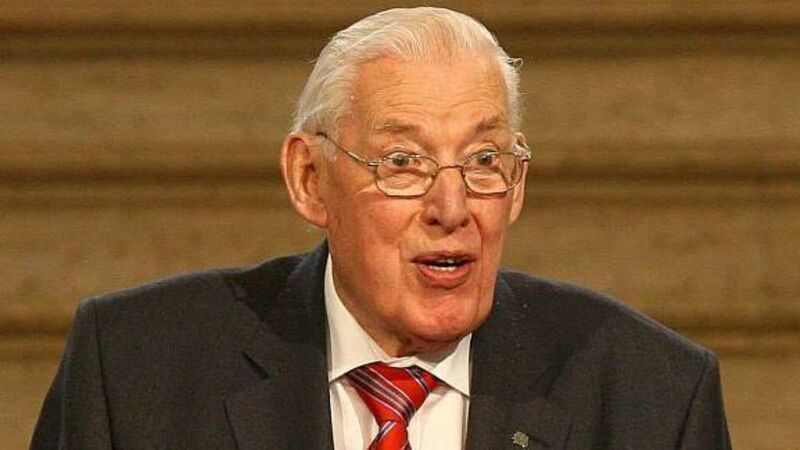Friends and foes pay tribute to Ian Paisley

Political leaders past and present from Ireland and the UK have been paying tribute to Ian Paisley, who died today aged 88.
The former Democratic Unionist Party leader had been ill for some time.
Try from €1.50 / week
SUBSCRIBEPolitical leaders past and present from Ireland and the UK have been paying tribute to Ian Paisley, who died today aged 88.
The former Democratic Unionist Party leader had been ill for some time.
Already a subscriber? Sign in
You have reached your article limit.
Annual €130 €80
Best value
Monthly €12€6 / month
Introductory offers for new customers. Annual billed once for first year. Renews at €130. Monthly initial discount (first 3 months) billed monthly, then €12 a month. Ts&Cs apply.
CONNECT WITH US TODAY
Be the first to know the latest news and updates
Newsletter
Keep up with stories of the day with our lunchtime news wrap and important breaking news alerts.
Monday, February 9, 2026 - 12:00 PM
Monday, February 9, 2026 - 6:00 AM
Monday, February 9, 2026 - 8:00 AM
© Examiner Echo Group Limited